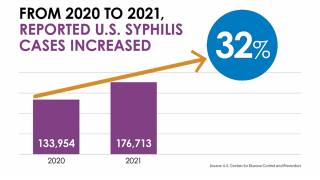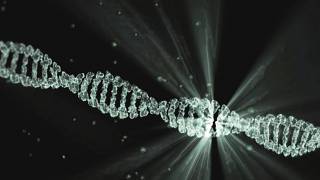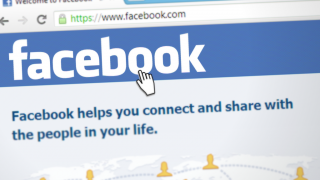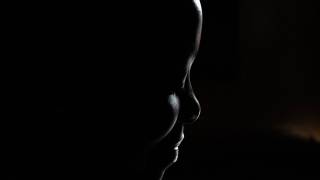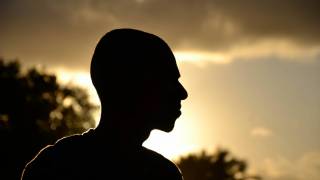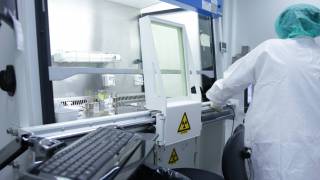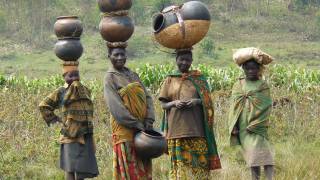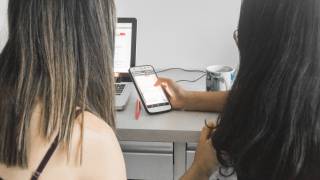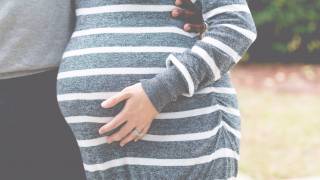‘Parental Hesitancy to Protect Children Against HPV is Troubling’

Using data from a nationally representative survey of US adolescents, researchers estimated parental intent to initiate and complete the human papillomavirus (HPV) vaccine series and discerned reasons for parental lack of intent for series initiation and completion.
Safety concerns were most commonly cited by these researchers in The Lancet on July 21, 2020, as the main reason for not intending to initiate the HPV vaccination series.
By comparison, a lack of provider recommendation was most commonly cited as the main reason for not intending to complete the HPV vaccine series.
The U.S. Centers for Disease Control and Prevention (CDC) recommends a 2-dose vaccination regimen for children if the first dose is received before age 15, or a 3-dose regimen if the series is started between ages 16 and 26.
However, current vaccination rates reveal that just over half of U.S. teens (51.1%) are fully vaccinated.
Nationally, this study found more than half of the parents of unvaccinated adolescents had no intention to initiate the HPV vaccine series.
And in Idaho, Kansas, Michigan, Montana, Nebraska, North Dakota, Oklahoma, and Utah, more than 65 percent of parents of unvaccinated adolescents had no intention to initiate the HPV vaccine series.
Moreover, 61.9 percent of the parents of unvaccinated adolescents in Wyoming and 57.1 percent in Mississippi (states with some of the lowest HPV vaccine coverage in the nation) did not intend to initiate the series.
Nationally, almost a quarter of the parents of adolescents who received the 1st dose of the HPV vaccine had no intention to complete the series.
In Arkansas, Florida, Georgia, Hawaii, Idaho, Utah, and West Virginia, more than 30% of the parents had no intention to complete the HPV vaccine series.
The lack of parental intent to complete the vaccine series was 11·2 percent in the District of Columbia and 20·4 percent in Rhode Island.
"The hesitancy of parents to protect their child against HPV is troubling because improving HPV vaccination coverage is our only option to curb the rising burden of cancers caused by this virus," said Kalyani Sonawane, Ph.D., an assistant professor at UTHealth School of Public Health, in a press statement.
The research team completed a cross-sectional study using responses from parents and caregivers of 82,297 U.S. children ages 13 to 17.
Data from the CDC has suggested that HPV is responsible for 34,800 new cancer diagnoses yearly. The current vaccine provides protection against nearly 90 percent of cancer-causing HPV infections.
"Our findings suggest that parental reluctance to complete HPV vaccine series for their teen might be a major impediment to achieving the Healthy People 2020 goal of 80 percent coverage," said Ashish A. Deshmukh, Ph.D., MPH, senior author and an assistant professor at UTHealth School of Public Health.
Vax-Before-Cancer publishes HPV vaccine news.
Our Trust Standards: Medical Advisory Committee





